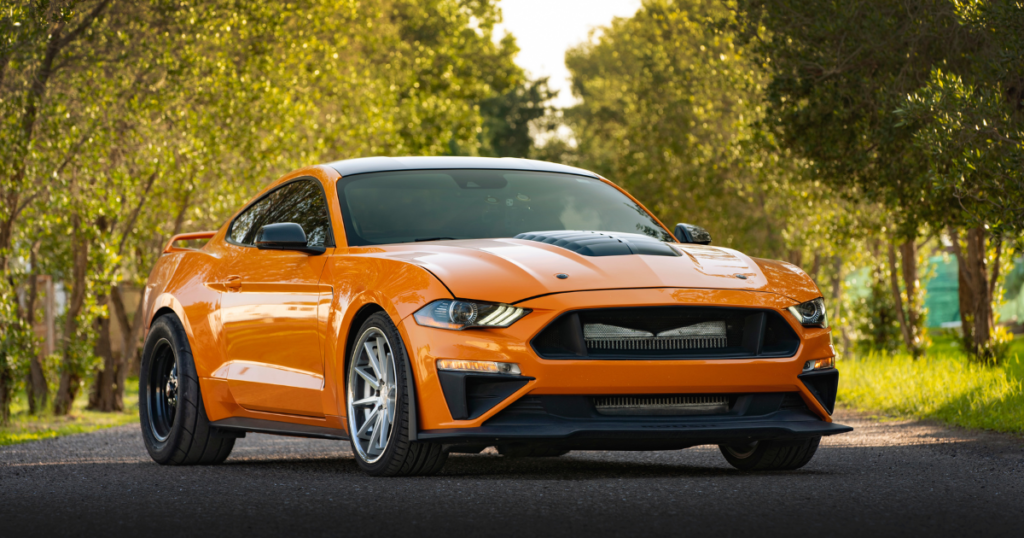The Pros and Cons of Buying a New vs. Used Car
Introduction
When it comes to purchasing a vehicle, one of the biggest decisions you’ll face is whether to buy a new or used car. Each option has its own set of advantages and disadvantages, from cost and depreciation to reliability and technology. In this article, we’ll explore the pros and cons of buying new versus used vehicles to help you make an informed decision.

1. Overview of New vs. Used Cars
Buying a car is a significant investment, and whether you choose new or used can greatly impact your finances and overall satisfaction with the vehicle. New cars offer the latest features and warranties, while used cars provide cost savings and slower depreciation. Understanding the differences between these options can help you determine which is the best fit for your lifestyle and budget.
2. Pros of Buying a New Car
Buying a new car comes with several advantages, especially for those looking for the latest technology and peace of mind.
Latest Technology and Features
New cars come equipped with the most recent technology and safety features, such as advanced driver-assistance systems (ADAS), touchscreen infotainment, and improved fuel efficiency. These features can enhance your driving experience and offer greater convenience.
Manufacturer’s Warranty
One of the biggest benefits of buying a new car is the manufacturer’s warranty, which typically covers repairs and maintenance for the first few years of ownership. This can save you money on unexpected repairs and give you confidence in the vehicle’s reliability.
Customization Options
When purchasing a new car, you have the opportunity to customize it according to your preferences, from selecting the exterior color and interior materials to choosing optional features and packages.
3. Cons of Buying a New Car
While new cars have their benefits, there are also some drawbacks to consider.
Higher Cost
New cars are significantly more expensive than used cars, both in terms of the initial purchase price and financing costs. This higher cost can strain your budget and may require a larger loan or down payment.
Depreciation
New cars depreciate rapidly, losing a significant portion of their value within the first few years. This means that if you decide to sell or trade in your car, you may receive much less than what you originally paid.
Higher Insurance Premiums
Because new cars are worth more, they typically come with higher insurance premiums. This can add to the overall cost of ownership and should be factored into your decision-making process.
4. Pros of Buying a Used Car
Buying a used car can be a smart financial decision, offering several advantages over new vehicles.
Lower Purchase Price
Used cars are generally much more affordable than new cars, allowing you to get more value for your money. You can often find a well-maintained used car with many of the features you want at a fraction of the cost of a new one.
Slower Depreciation
Since used cars have already gone through the steepest part of their depreciation curve, they tend to lose value more slowly. This means you can potentially sell the car later without taking as much of a financial hit.
Lower Insurance Costs
Insurance premiums for used cars are generally lower than for new cars, as the replacement value of a used car is less. This can save you money on your monthly insurance bills.
5. Cons of Buying a Used Car
While used cars are more affordable, they come with their own set of challenges.
Limited Warranty
Most used cars are sold “as is” without a warranty, which means you’re responsible for any repairs or maintenance that arise after the purchase. Some used cars may still have a portion of the original manufacturer’s warranty, but this is not always the case.
Potential for Higher Maintenance Costs
Used cars, especially those with higher mileage, may require more frequent maintenance and repairs than new cars. This can lead to higher long-term costs, particularly if major components like the engine or transmission need work.
Limited Selection and Features
When buying used, your choices are limited to what’s available on the market, and you may have to compromise on certain features, colors, or trims. Additionally, older models may lack the latest technology and safety features found in new cars.

6. How to Decide Which Option is Best for You
Choosing between a new or used car depends on your financial situation, driving habits, and personal preferences.
Assess Your Budget
Consider your budget and how much you’re willing to spend on a car. Factor in not only the purchase price but also insurance, maintenance, and depreciation costs.
Consider Your Needs
Think about how you’ll use the car and what features are important to you. If you require the latest technology or prefer a specific model or color, a new car may be the better choice. However, if you’re looking for a reliable vehicle at a lower cost, a used car might be more suitable.
Research Vehicle Histories
If you’re considering a used car, research its history using tools like CARFAX or AutoCheck. These reports can provide valuable information about previous accidents, maintenance records, and title status, helping you make an informed decision.
7. Conclusion
Both new and used cars offer distinct advantages and disadvantages, making the decision a personal one based on your financial situation and driving needs. New cars provide the latest technology, warranties, and customization options but come with higher costs and rapid depreciation. Used cars offer lower prices, slower depreciation, and reduced insurance costs but may require more maintenance and offer fewer features.
By carefully considering your budget, needs, and the potential long-term costs, you can make a choice that aligns with your lifestyle and financial goals.
FAQs
1. Is it better to finance a new or used car?
Financing a new car typically comes with lower interest rates, but the overall cost will be higher due to the car’s higher price. Used cars may have higher interest rates but lower overall costs.
2. How much does a new car depreciate in the first year?
A new car can depreciate by 20-30% in the first year alone, with further depreciation in the following years.
3. Can I get a warranty with a used car?
Yes, some used cars still have the original manufacturer’s warranty, or you can purchase an extended warranty for additional coverage.
4. How do I know if a used car is reliable?
Check the vehicle’s history report, have a mechanic inspect it, and research reliability ratings for the specific make and model.
5. Are there any hidden costs when buying a used car?
Potential hidden costs include repairs, maintenance, and higher financing rates. It’s important to budget for these additional expenses.
